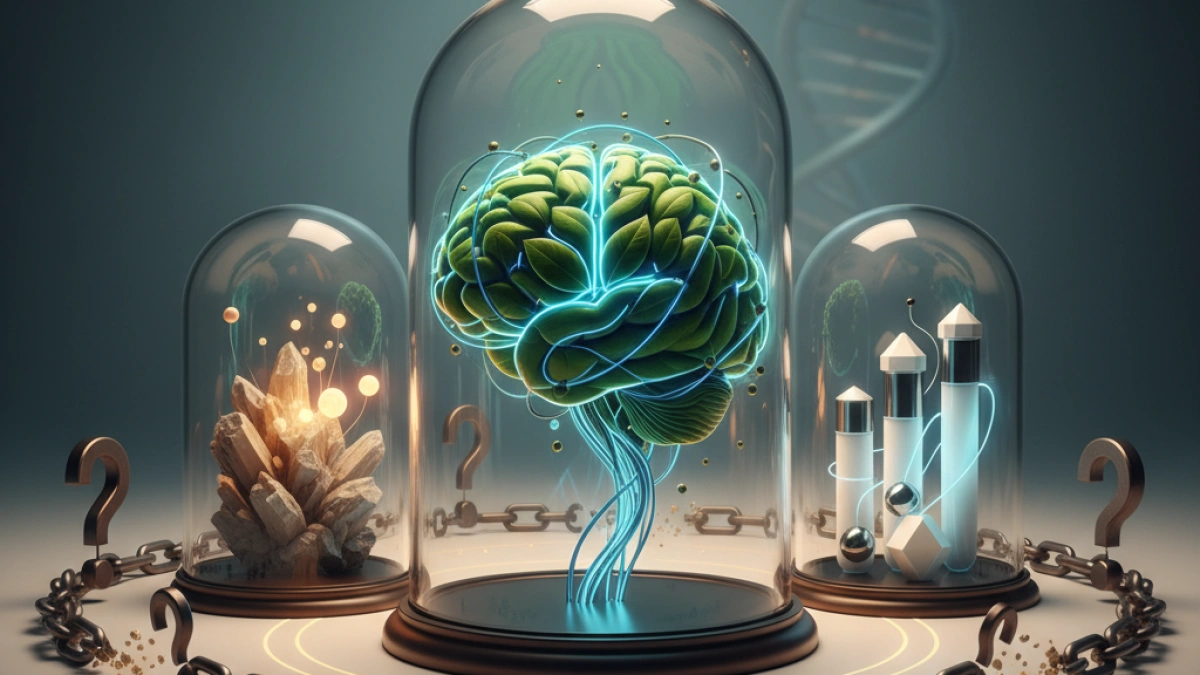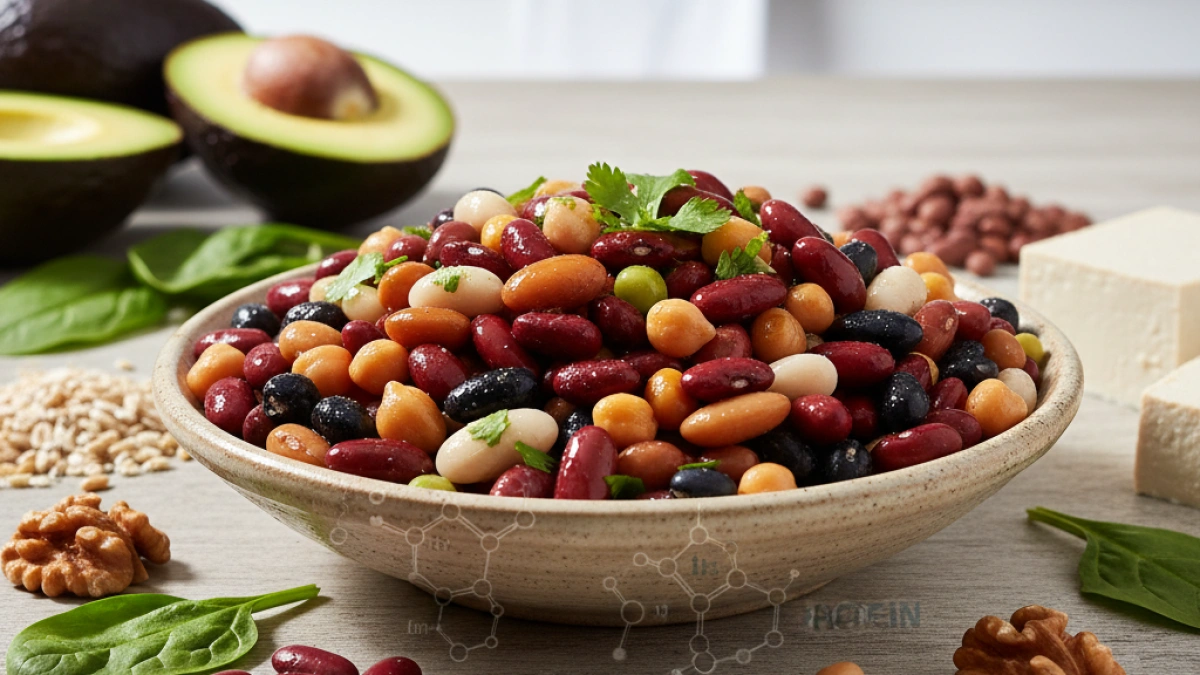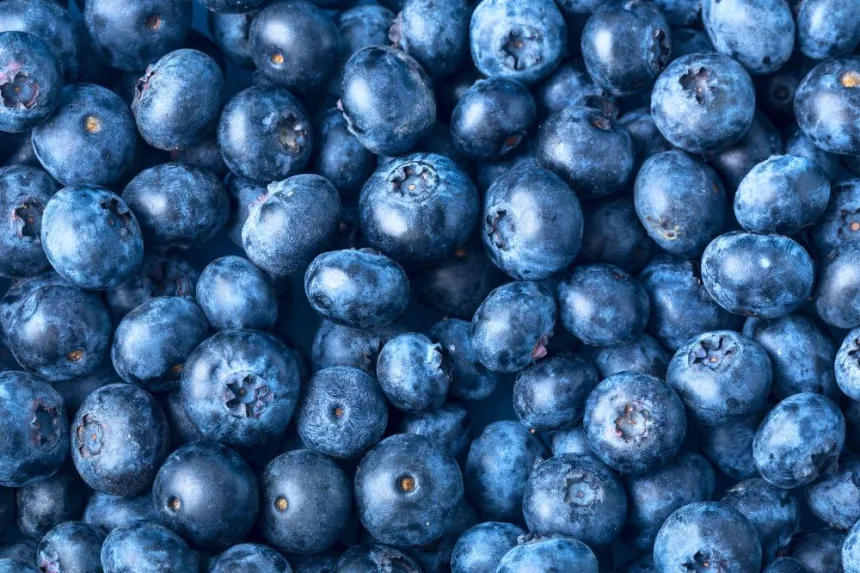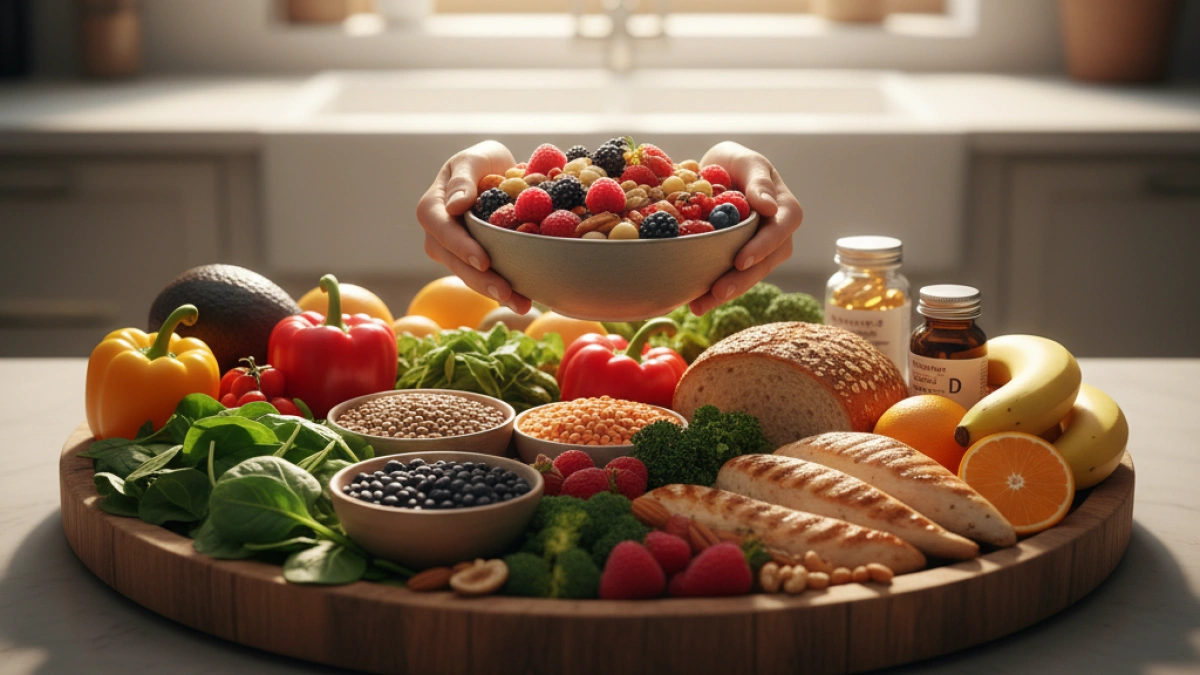Common myths in alternative nutrition that you should know

Alternative nutrition has gained popularity in recent years, but it has also generated confusion. Many myths have arisen around unconventional diets and eating approaches, often lacking scientific backing. This article will address some of the most common myths in alternative nutrition to provide clear and accurate information.
Myth 1: A low-carb diet is the best option
One of the most widespread myths is that completely eliminating carbohydrates from the diet is the most effective way to lose weight. While low-carb diets can be effective for some people, the total removal of these nutrients can lead to deficiencies and a lack of energy. Carbohydrates are a fundamental source of energy that our body needs to function optimally.
Myth 2: Gluten-free products are healthier
The belief that gluten-free products are inherently healthier than those containing gluten has become popular. However, this is not true for the general population. Gluten is a protein that does not pose a risk to most people, so opting for gluten-free foods is only necessary for those suffering from celiac disease or gluten sensitivity. Additionally, many gluten-free alternatives can be higher in sugars and fats.
Read also
Myth 3: Eating fruits and vegetables excessively has no negative effects
While consuming fruits and vegetables is definitely beneficial for health, there is a misconception that there are no negative effects from consuming them excessively. Fruits, although rich in nutrients, also contain natural sugars that, in large amounts, can contribute to health problems such as diabetes and weight gain. It is important to maintain a balance and moderate the intake of these foods.
Myth 4: All fats are harmful
Another common myth is that all fats are bad. However, not all fats are created equal. Healthy fats, such as those found in avocados, olive oil, and nuts, are essential for the body's functioning. These fats can provide cardiovascular health benefits and should be included in a balanced diet. Avoiding all fats can lead to deficiencies in essential nutrients.
Myth 5: Nutritional supplements replace a balanced diet
The idea that supplements can substitute for a balanced diet is another myth that can lead to dietary mistakes. While supplements can be useful for correcting specific deficiencies, they cannot replace the nutrients obtained from a varied and complete diet. Foods contain a unique combination of vitamins, minerals, and other beneficial compounds that supplements cannot match.
Read also
Myth 6: Detox diets are necessary
There are multiple claims about the need to detoxify the body through restrictive diets or juices. However, the human body already has natural detoxification systems, primarily the liver and kidneys, which constantly work to eliminate toxins. Detox diets are often ineffective and can cause more harm than good, as well as lead to malnutrition.
Nutrition is a complex and ever-evolving field. It is essential to have accurate information to make informed decisions about our eating habits. It is always advisable to consult a health professional or nutritionist before making drastic changes to one's diet.
I invite you to continue reading more news of this kind on my blog, where we continue to explore important topics about health and wellness.











































